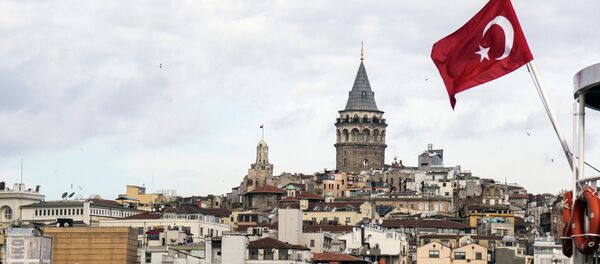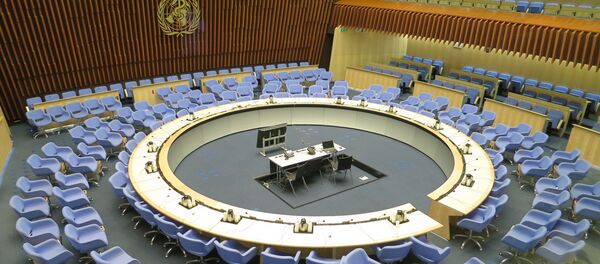"We do not need to declare yet, at this stage, a public health emergency with the respect to MERS," Solomon told Sputnik on the sidelines of the Conference on Humanitarian Impact of Nuclear Weapons in Vienna.
The virus that causes respiratory illnesses was first reported in Saudi Arabia in 2012 and has since spread to a number of Arab, European and North African countries, with all cases somehow linked to its place of origin. The disease has also been detected in the United States and Indonesia.
Solomon emphasized that, "we will keep watching it, we have to, and we will be looking for ways to address it, prevent it spread, and stop it if does spread".
According to the WHO official, MERS is an infectious disease that the organization follows very closely, after Ebola.
Scientists from the US National Institute of Allergy and Infectious Diseases and Colorado State University found out in September that camels could be the primary reservoirs or carriers of the coronavirus. The virus has been found in camels in Saudi Arabia, Qatar and Egypt, but scientists still have not figured out its initial source or developed a vaccine to treat it.
How #MERS-CoV, #MERS, humans and camels may link pic.twitter.com/u7NcUDdC6X
— Ian M Mackay, PhD (@MackayIM) 1 декабря 2014




